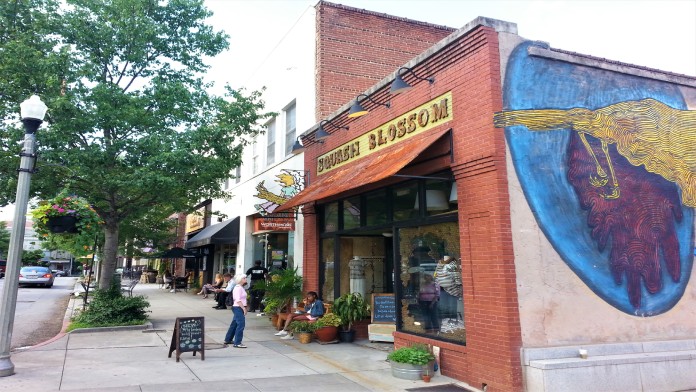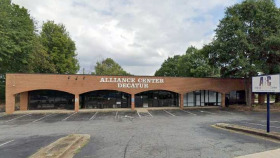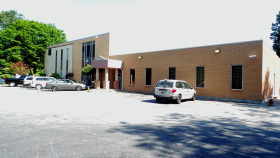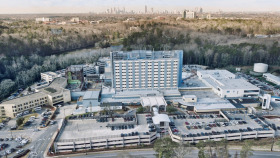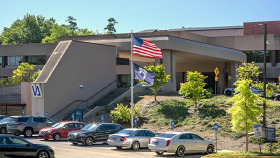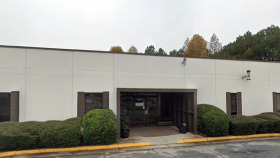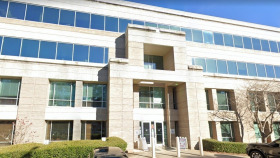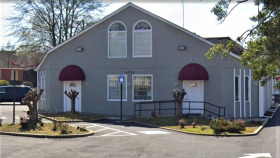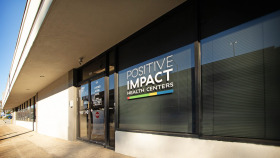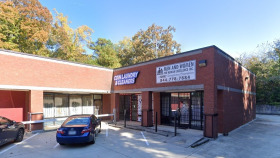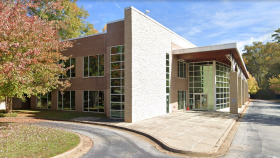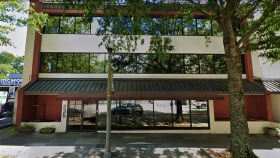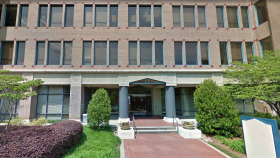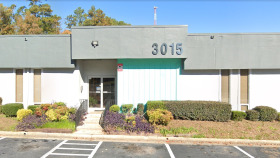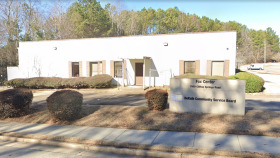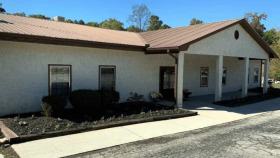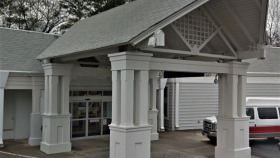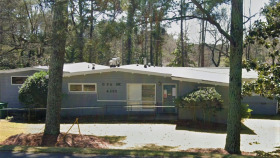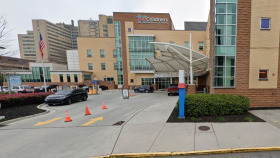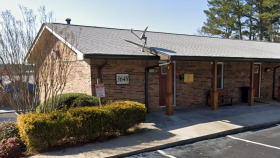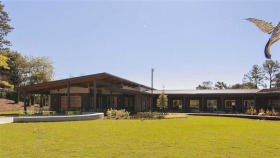Substance Abuse Statistics in Decatur, Alabama
Substance use isn’t anything new to the cities and counties of Alabama. Let’s take a quick look at the facts and figures for Alabama’s northern region and Morgan County regarding substance abuse and disorders: 1,2
In 2014, 2.43% of Morgan County’s population (12 and older) reportedly had a drug addiction.
Between 2014 and 2016, 3.96% of the state’s northern region (which includes Morgan County) ages 12 and up reportedly had alcohol use disorder.
Levels of Drug and Alcohol Rehab
Drug and alcohol rehab settings vary in intensiveness and structure. Here’s more about the levels of care:
Detox
When you receive drug detox, a team of doctors and nurses monitor your withdrawal symptoms while the drug or alcohol leaves your body, ensuring your safety and comfort. This usually occurs first before starting formal addiction treatment services.
Residential or Inpatient
You reside at the treatment center for 30 days, 60 days, or 90 days, while receiving a myriad of treatment modalities, such as individual therapy, group counseling, family therapy, support groups, experiential therapies, and addiction treatment medications.
Partial Hospitalization Programs (PHPs)
A step down from inpatient rehab, you live at home while attending between 20 and 30 hours of counseling per week.
Intensive Outpatient Programs (IOPs)
Less intensive than a PHP, IOPs involve living at home while attending between nine and 20 hours of therapy per week.
Standard Outpatient
Standard outpatient involves just a few hours of therapy per week and may not be the best option for someone who doesn’t have a strong support system or who is struggling with a severe addiction. It may be better used as a step-down option after completing an inpatient or PHP.
Aftercare
Once you complete your addiction treatment program, you’ll want to make sure to continue receiving ongoing support to prevent relapse. This can look like joining AA, NA, or SMART Recovery, or attending ongoing therapy. Some people transition into sober living homes before returning home.
How to Pay for Drug Rehab in Decatur, Georgia
There are many ways to finance your addiction treatment to reduce the financial burden.
Private Insurance
Health insurance providers are required to cover substance abuse treatment and mental health services to the extent that they do surgical and medical benefits. If you have private insurance, you can likely get partial or full coverage for drug rehab. Contact your provider for more details.
Georgia Medicaid: Peach State Health Plan
Georgia’s Medicaid, or Peach State Health Plan, provides health insurance coverage for low-income Georgia residents. Medicaid covers drug and alcohol rehab, although you will need to find a rehab that accepts Medicaid.
Medicare
Georgia Medicare covers Georgia residents aged 65 and older as well as those with certain medical conditions and disabilities. It covers addiction treatment services, like medication-assisted treatment, outpatient rehab, and inpatient hospitalization. Like Medicaid, you’ll need to find a drug rehab that accepts this form of payment.
TRICARE in Georgia
TRICARE in Georgia provides health insurance coverage for veterans, active-duty military personnel, and their families. Many drug and alcohol rehabs accept TRICARE.
Sliding Scale Rehabs
A sliding scale rehab only charges you what you can reasonably pay based on your income and financial situation, greatly reducing the cost of treatment and increasing access.
IHS-Funded Drug Rehabs
The Indian Health Services funds addiction treatment programs that provide free care to Indigenous people. Most of these IHS-funded rehabs are on reservations, although a few are elsewhere.
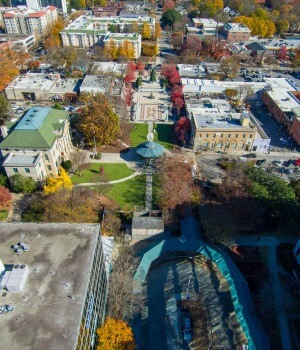
Getting to and Around Decatur, Alabama
Whether you’re getting help in the form of addiction treatment in Decatur or visiting someone in an alcohol and drug rehab in Decatur, you’ll need to know how to get there. You’ll also need to know how to get around and what there is to do for entertainment while you stay.
Decatur is aptly nicknamed the “River City” as it was originally an area with a river crossing used by the settlers west of the Appalachian Mountains. The river in question is the Tennessee River, which is one of Decatur’s main attractions for outdoor recreation.
Here’s a handful of travel tips and places to explore to get you started:
- The Huntsville International Airport is the closest airport to Decatur, just 12 miles from the city’s center.
- There are tons of hotels, motels, bed and breakfasts, and other accommodation options throughout Decatur. Therefore, you shouldn’t have an issue finding lodging to suit your budget and needs.
- Decatur is serviced by the NARCOG Regional Transit Agency, which offers a light rail and metro bus. Uber, Lyft, and taxis are also available throughout the city, as are car rental agencies.
- Some top attractions in Decatur include the Cook Museum of Natural Science, Point Mallard Park, the Carnegie Visual Arts Center, the Wheeler National Wildlife Refuge, and plenty of incredible BBQ and other local cuisines.
Georgia Drug and Alcohol Laws
Here are some relevant drug and alcohol-related laws in Georgia:1
The Mental Health Parity and Addiction Equity Act of 2008: This law requires insurance providers to cover drug rehab to the same extent they cover other medical treatments, increasing access to addiction treatment.
Georgia Naloxone Access Law: In Georgia, you can receive a prescription for naloxone (Narcan) if you know someone who is at risk of an overdose. If you are at risk of an opioid overdose, you can also receive naloxone from a pharmacist without a prescription
The Georgia 911 Medical Amnesty Law: This Georgia overdose law provides limited legal immunity to those who call 911 to seek help for someone experiencing an overdose, meaning they won’t get prosecuted for drug possession.
Resources
- Mental Health and Substance Abuse Services Division, Office of Prevention. (2018.). Alabama Epidemiological Profile: Alcohol, Tobacco, Other Drugs Usage and Abuse.
- amfAR. (n.d.). Opioid & Health Indicators Database.

